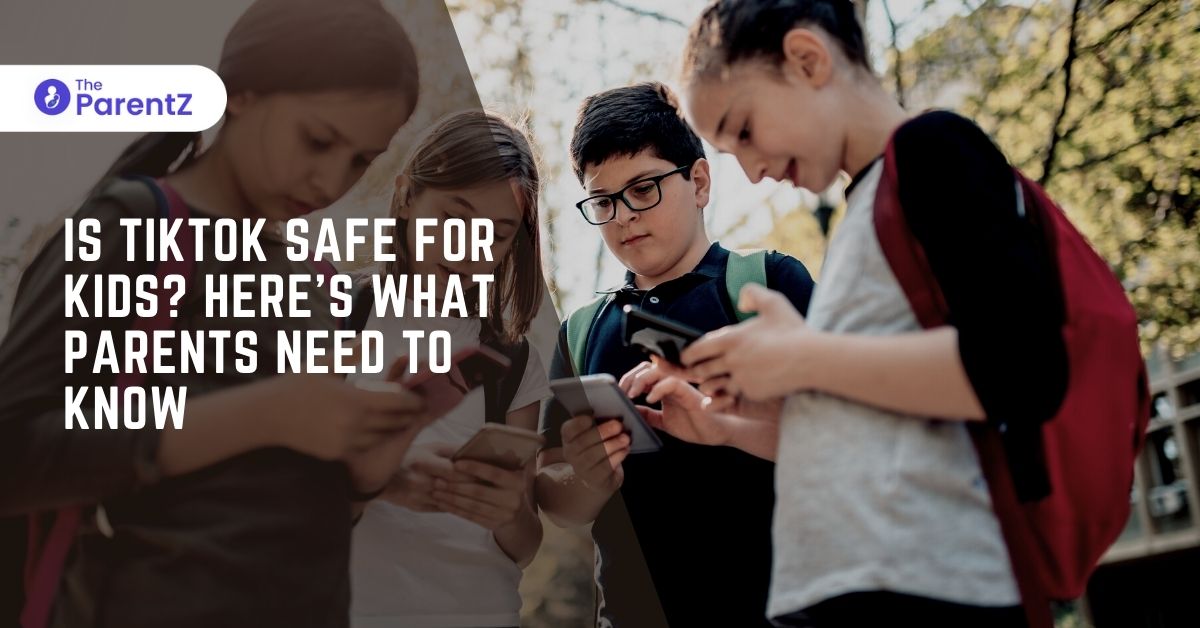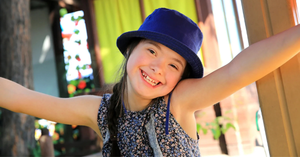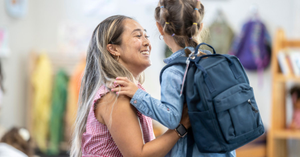As most of the school going kids are getting involved with social networking site Tik Tok that is raging the most among them, as a responsible parent or guardian it comes in mind that what is the specific age for TikTok and is it safe for kids? You can also read Ugly Truth About Social Media
What TikTok is basically?
Before knowing that what is the specific age for it, we may know what and how it works. TikTok is a social networking mobile app used for sharing user-generated short videos that range from 15 seconds to 60 seconds. Through this app, the users can create and upload their videos doing lip-synch, singing, dancing or delivering a dialogue. Tik Tok provides all kinds of fun video editing software options making its user a content creator itself. As these videos can be grouped by hashtags, that often correspond to challenges or memes.
What is the specific age for it?
This app can be downloaded by anyone with a smartphone. As it provides a greater pool of content, it can be harmful for young users once they come across the mature content via public streaming, hashtag searches or through explicit lyrics. Therefore, this app has been given the 13+ rating or teen rating for Google Play Store. While if the child uses an iOS device then the app rating goes to 12+ on its Apple App Store.
In this regard, parents are advised to take these ratings under consideration as the app is not intended for young kids below the age of 12. You can also take further preventive steps to ensure your child is having a safe experience by utilizing all of the TikTok’s parental control features. Though, Tik Tok can be a safer place for kids above 13 to understand its contents.
Is TikTok inappropriate for your kid?
Being a parent if your child wishes to create an account on TikTok, you do not disappoint him by saying no but a question always clicks in your mind that is TikTok inappropriate for your kid or not? After entering the stage of teens, a child is sensible enough to understand things and take part in healthy discussions. Hence, if you still think that is TikTok inappropriate for your kids then being a parent it’s always good to discuss and talk to your kids about online safety and appropriate content. As we are aware that cyberbullying and online predators flock to places where there are young kids. And TikTok is no different in this as other prevalent social apps.
Using any social networking site could be risky or harmful for kids but to safely use the app it’s advisable under the supervision of an adult. Whenever you sign up a TikTok account, its privacy is public by default, which means anyone can see your videos, send you direct texts and use your location information. For a parent, always ensure to turn all privacy settings for accounts kids are using. It means only people you know can interact with your videos and messages on it. Either opt for a private account for your kid or change all the settings to “Friends” instead of “Everyone”.
After ensuring all these privacy parameters, a parent can ensure that using the TikTok account is no harmful or inappropriate for your child. Moreso, the TikTok app community guidelines are a great resource to assist the parents by becoming more familiar with the guidelines. By following correctly, both parents and kids enjoy the app.








Be the first one to comment on this story.